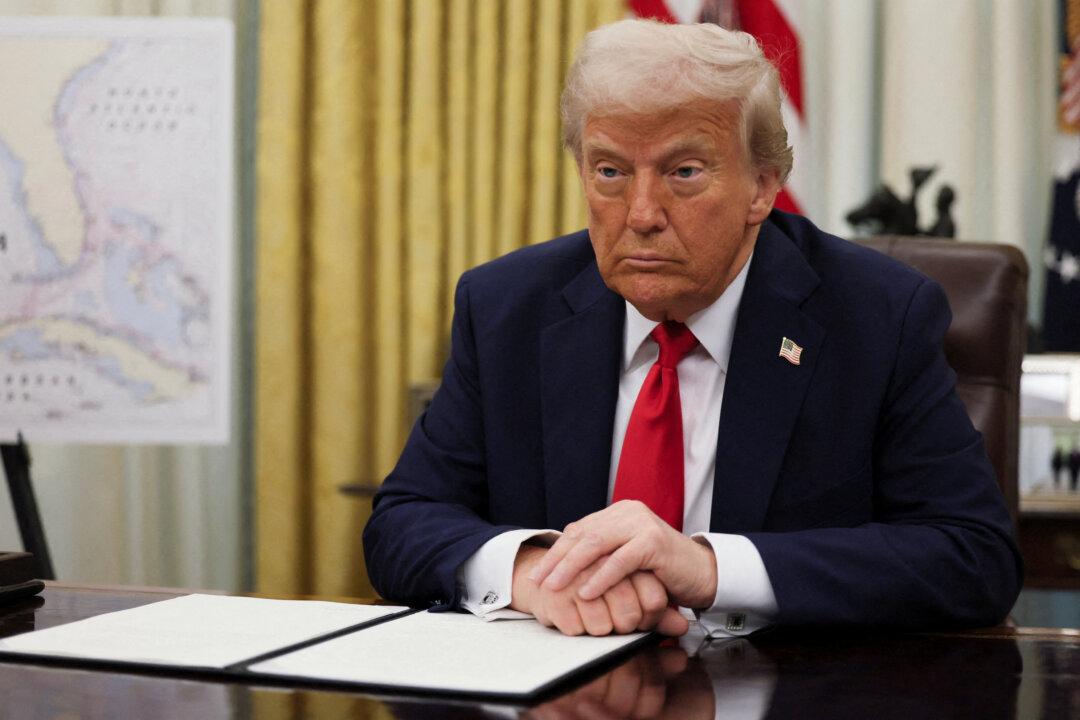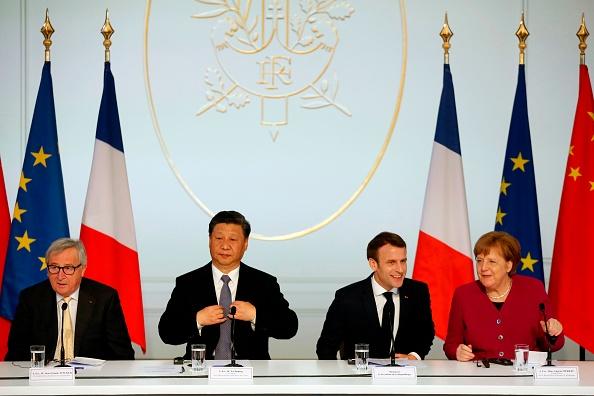Commentary
Reports on Xi Jinping’s inspection in Fujian province have dominated the headlines of the major party media of the Chinese Communist Party (CCP) since March 22 for three days. Media coverage was filled with photos of Xi smiling while surrounded by crowds of people. I wonder how much anxiety is hidden behind that satisfied smile regarding the rapidly deteriorating international situation.





